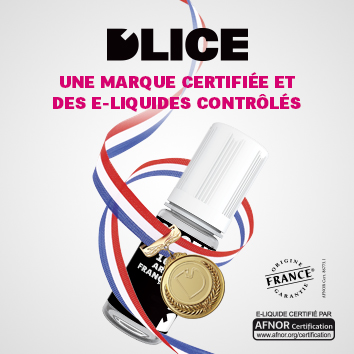The controversy of Juul’s advertising strategy

photo credit
Electronic cigarettes are now commonplace across the world, but many still consider it analogous to smoking. And with Juul taking the market by storm, critics are more vocal than ever. The FDA in particular is keeping a watchful eye on the lucrative company. FDA commissioner Scott Gottleib is working hard to restrict sales of vaping products, in particular flavoured e-juices.
Gottlieb is not the first to point the finger at Juul for encouraging younger consumers to vape. Gottlieb has found a partner in crime with Jessica Rosenworcel, member of the Federal Communications Commission. Rosenworcel recently made highly critical statements on the subject of vaping advertising. While she did not call for a total ban, she compared the promotion of vaping products to that of cigarettes, which is now illegal.

The mainstream is slow to accept the benefits of vaping
The pro-vaping crowd sees Rosenworcel’s statement as yet another attack on this nicotine substitute products. And on the other side of the divide, Rosenworcel believes that cigarette companies benefit from vape marketing thanks to increased sales. It must be said that the recent collaboration between Juul and Altria, Malboro’s distributor, can seem a little suspicious.
Cigarette distributors on one side, and smoking-cessation tool on the other: two worlds collide. On February 8th, Gottlieb invited the two companies to shed light on their strategy, in particular when it comes to smoking in under-age populations. A big step beyond restrictions on sales, the advertising ban for vaping products may be the measure that satisfies the FDA.
While cigarette advertising has been banned since 1971, a similar ban on vaping products is far from a done deal. Rosenworcel is among a Democratic minority at the FCC, and as such will have to work hard to get her arguments adopted by the majority.
Currently, there is no restriction on TV or radio advertising for vaping products. Only time will tell if this remains the case, or if e-cigarettes go “radio silent” on the advertising landscape.






